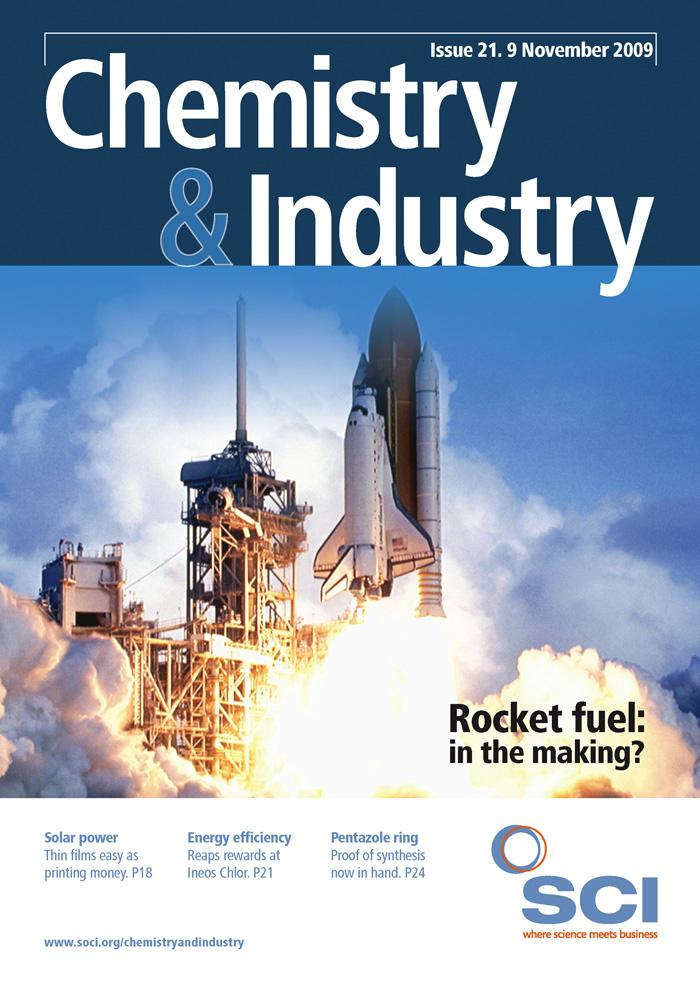The turf war between the Indian health ministry and office of the drug controller general of India (DCGI) rages on after the health ministry ‘put on hold’ the directives issued by the DCGI withdrawing powers from state governments to issue Certificates of Pharmaceutical Products (CoPP) – the export quality licence drug manufacturers require to sell their drugs to overseas buyers.
While DCGI Surinder Singh has stated that he took the decision to uphold the image of the country, particularly as India’s pharmaceutical exports are increasing rapidly, the health ministry has expressed concerns over centralising the process of awarding CoPP and Good Manufacturing Practice (GMP) certificates. ‘We have put the matter on hold. The health ministry has not approved that proposal yet,’ said Sujatha Rao, union health secretary in India’s Ministry of Health and Family Welfare.
Meanwhile, confusion prevails as the zonal offices of the Central Drugs Standard Control Organization (CDSCO) are awarding GMP and CoPP certificates for the time being.
According to Singh, the decision to centralise the awarding of CoPPs was taken after the World Health Organization (WHO), in a letter sent in April 2009, objected to the use of its name and logo on the certificate. In the letter, the WHO said that CoPPs should be issued by the National Regulatory Authority of the producing country based on certain guidelines laid down by the WHO. It also pointed out instances in which these guidelines or formats had not been followed in India when issuing CoPPs.
Last year, the US Food and Drug Administration (FDA) issued warning letters and import alerts on Ranbaxy Laboratories for deviations from GMP after it audited the firm’s plants at Paonta Sahib in Himachal Pradesh and Dewas in Madhya Pradesh.
Besides the health ministry, the high courts in the states of Karnataka and Madras have already issued injunctions halting the DCGI’s order.
In his defence, the DCGI maintains that the orders were intended to streamline licensing practices in the country. ‘It is important that the certificates should be awarded by a central authority,’ Singh says. ‘Our decision is aimed at strengthening the regulatory framework in India and instilling confidence in the world to trade with India.’ India’s pharmaceutical exports in the first two months of the year were worth Rs380bn (€5.47bn), a 30% increase over the previous fiscal year.




